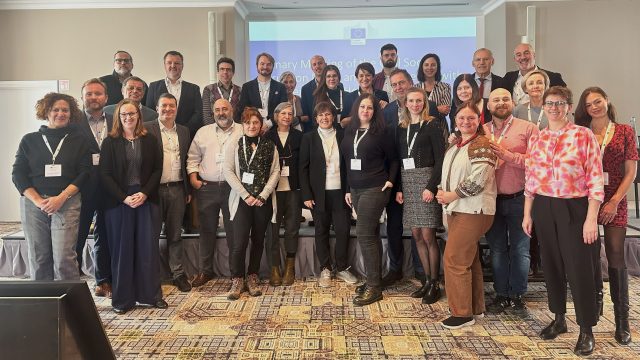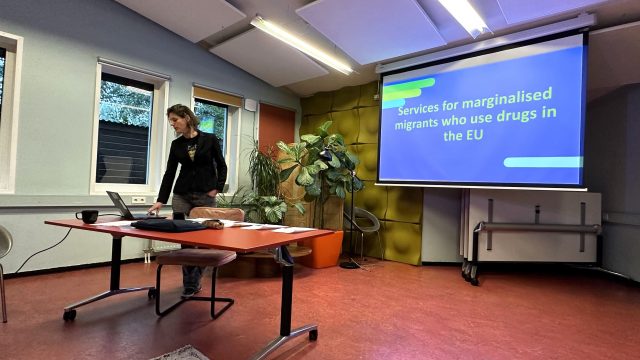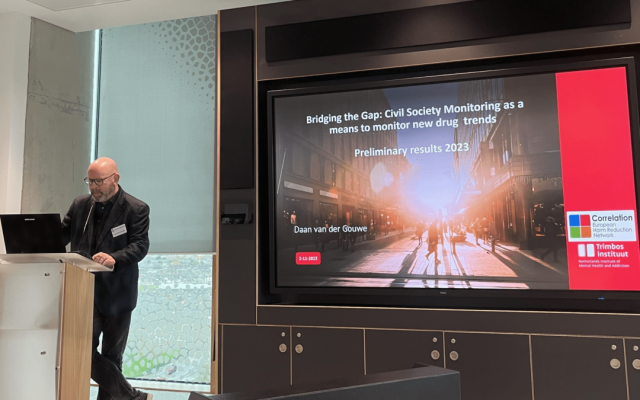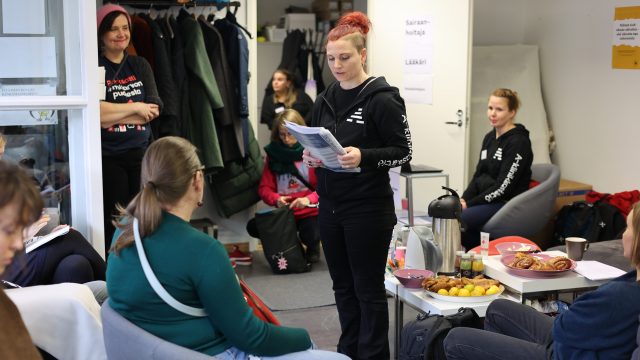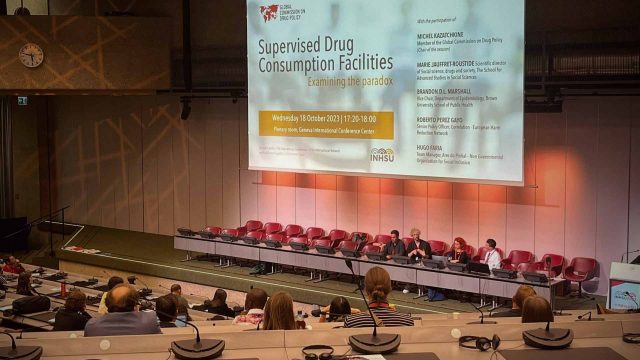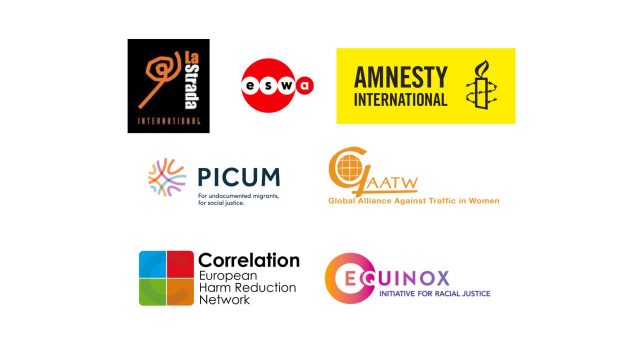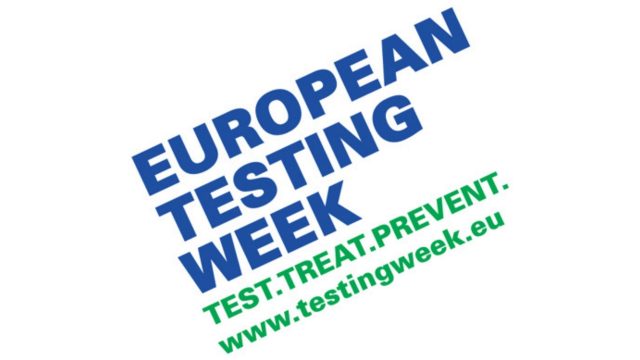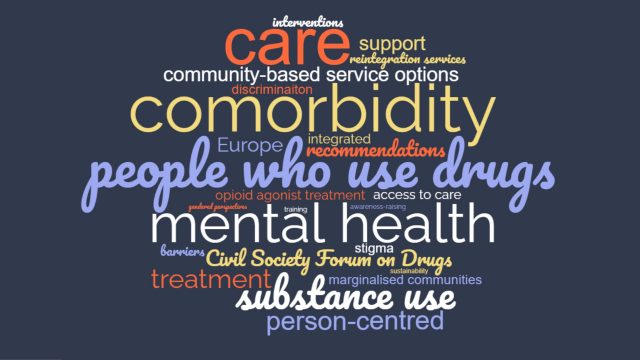The Civil Society Forum on Drugs (CSFD) Plenary Meeting, organised by the European Commission (DG Home) on November 14-15, 2023, gathered 40 CSFD Members in Brussels. Chaired by C-EHRN’s Director, Katrin Schiffer, the meeting also included Iga Jeziorska, C-EHRN’s Research Officer, representing Youth Organisations for Drug Action [YODA] within the CSFD Core Group.
The event revolved around discussions across four pivotal working groups and their activities and included a separate meeting with the Horizontal Working Party on Drugs (Horizontal Drug Group – HDG), consisting of EU Member State representatives, in which the CSFD could exchange information and views with the Commission and the Member States.
Under EU Drug Policy working group, coordinated by Iga Jeziorska, the CSFD conducted surveys to assess the EU Drug Strategy’s implementation. Ongoing data collection aims to shape a forthcoming report in 2024.
Adria Cots Fernandez helmed the International Drug Policy group, providing regular contributions to the HDG ahead of Commission on Narcotic Drugs (CND) meetings, organizing an informative webinar on the new EMCDDA Mandate, and facilitating an advocacy training session with the presence of two HDG members.
Addressing Civil Society Involvement in Drug Policy at a national level, the team chaired by Péter Sárosi conducted comprehensive case studies in Finland, Ireland, Greece, and Hungary. The case studies, with the financial support of C-EHRN and in cooperation with the Rights Reporter Foundation, aimed to assess the implementation of the Quality Standards for Civil Society Involvement in Drug Policy, developed by CSFD in 2021. These studies utilized structured discussions with civil society representatives and decision-makers.
The Emerging and Cross-Cutting Issues group, led by Milutin Milosevic, delved into crucial topics like gender perspectives in drug policy, mental health, and decriminalization efforts. The Paper and CSFD Contribution to enhance the Gender perspective and the position paper on People Who Use Drugs and Mental Health can be accessed on CSFD’s website.
In addition to these focal areas, the CSFD provided input to the European Commission and the Horizontal Drug Group on pivotal issues such as the new EMCDDA Mandate, the ongoing evaluation of the EU Drug Strategy, to which it wants to contribute actively, and concerns regarding the EU Roadmap on drug trafficking.
Throughout the discussions, the CSFD emphasized the need for a balanced approach in drug policy, stressing the significance of addressing health and social dimensions alongside supply reduction efforts and encouraging the European Commission to develop a roadmap for expanding access to drug demand and harm reduction. This approach aims to foster comprehensive and inclusive drug policies across Europe.
Comprising 45 civil society organizations, the Civil Society Forum on Drugs (CSFD) is an expert group of the European Commission and serves as a platform for informed dialogue between the European Commission and the European civil society, actively contributing to the formulation and implementation of drug policies through practical advice.

